Guten Tag
Guten tag from Germany!
We arrived in Potsdam on Friday evening, June 17 after about an hour and a half bus/ train/ tram ride from the Berlin Tegel airport. Since we had not eaten a square meal in over twelve hours, Mike Loranty and I headed out for some currywurst and frittes, basically bratwurst in a curry-ketchup sauce and french fries. America needs to get on this curry ketchup thing.
After catching up, we made it an early night to prepare for a busy day at the Permafrost Carbon Network (PCN) meeting. The PCN meeting is held the two days before the International Conference of Permafrost (ICOP) and is designed for lead and co-lead researchers to discuss latest findings, share updates on ongoing projects, and generate ideas about how they can collaborate to make the best use of their scientific findings.
As someone who is not a lead researcher, I am honored to have had the opportunity to attend these meetings and be a part of these discussions. I feel as though I have increased my content knowledge in the permafrost topic and will be able to use that in the field with the other researchers on our team. The meeting was held at the Alfred Wegner Institute in downtown Potsdam and was facilitated by Christina Schadel from Northern Arizona University. All together there were around 18 researchers in attendance from all around the globe with a common goal in mind, to better understand permafrost carbon.
So what is permafrost and why is it so important to study? Permafrost is soil that remains frozen for more than two consecutive years and within that frozen ground there is an abundance of organic material in the form of plant and animal remains that contain carbon atoms. As the permafrost layer is thawing, the organic material will decompose and release those carbon atoms back into our atmosphere in the form of carbon dioxide, CO2, and/ or methane, CH4. Both of these are greenhouse gases and have the potential to accelerate a warming trend on our planet. Since the Arctic regions are warming up nearly twice as fast as areas at lower latitudes it is important to monitor how much and how fast carbon is being released and in which form. This was the focus of the conference as well as the research that I’ll be working on in Siberia.
ICOP
The year marks the eleventh meeting of the International Conference of Permafrost (ICOP), which takes place every four years. This year ICOP is being held in Potsdam, Germany, just 30 miles southwest of Berlin. The week long conference features over 350 oral presentations and more than 600 poster presentations. All topics revolve around permafrost studies, which are divided into different disciplines. These include modeling and mapping, education outreach, Arctic ecology, geomorphology, stability of the terrain, hydrology, submarine permafrost and many more. Even though there are so many different countries represented at the conferences, all of the talks and posters are in the common language of English, for which I am grateful.
The hospitality here at the conference, and in Germany, has been incredible and it is an amazing place to visit! I will leave you with some pictures of the Potsdam and the Berlin region.
Next, we will be heading to Moscow for the first leg of our trip to Cherskiy, Russia. Until then, goodbye!
Potsdam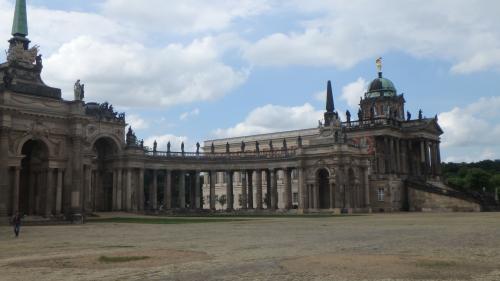 One of the palaces Frederick the Great built in Sanssoucci park located in Potsdam, Germany
One of the palaces Frederick the Great built in Sanssoucci park located in Potsdam, Germany
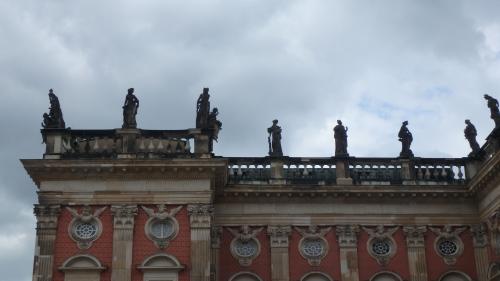 Statues lining the palace at Sanssouci park in Potsdam, Germany
Statues lining the palace at Sanssouci park in Potsdam, Germany
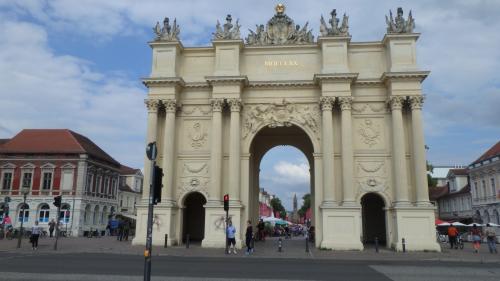 Brandenburg Gate in Potsdam, Germany
Berlin
Brandenburg Gate in Potsdam, Germany
Berlin
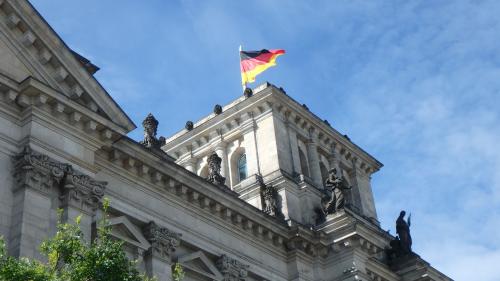 Germany's parliament and government Bundestag building in Berlin
Germany's parliament and government Bundestag building in Berlin
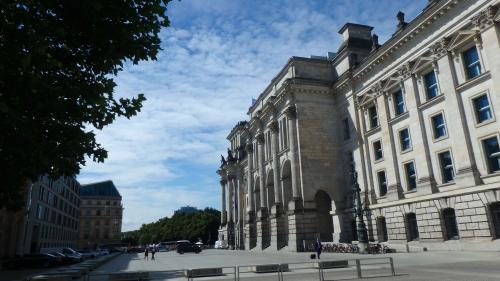 Germany's parliament and government Bundestag building in Berlin
Germany's parliament and government Bundestag building in Berlin
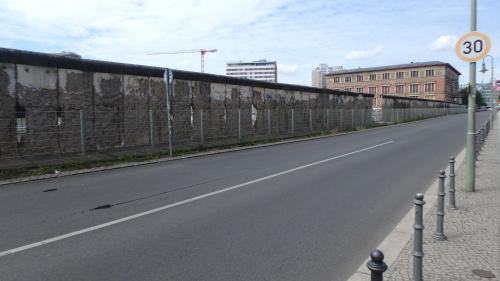 The east side of a remaining portion of the Berlin Wall at the Berlin Wall Memorial
The east side of a remaining portion of the Berlin Wall at the Berlin Wall Memorial
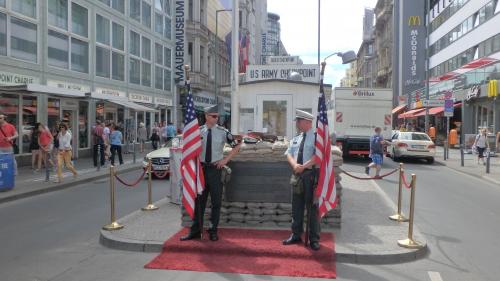 Checkpoint Charlie is best known crossing point between East and West Berlin
Checkpoint Charlie is best known crossing point between East and West Berlin
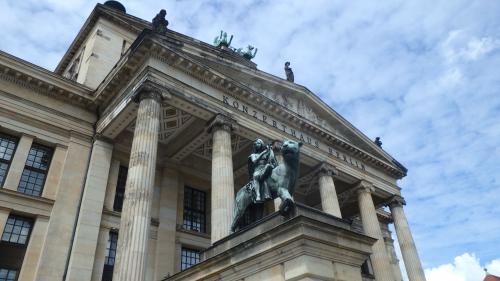 The Konzerthaus Berlin is a concert hall situated on the Gendarmenmarkt square in the central Mitte district of Berlin
The Konzerthaus Berlin is a concert hall situated on the Gendarmenmarkt square in the central Mitte district of Berlin

Comments